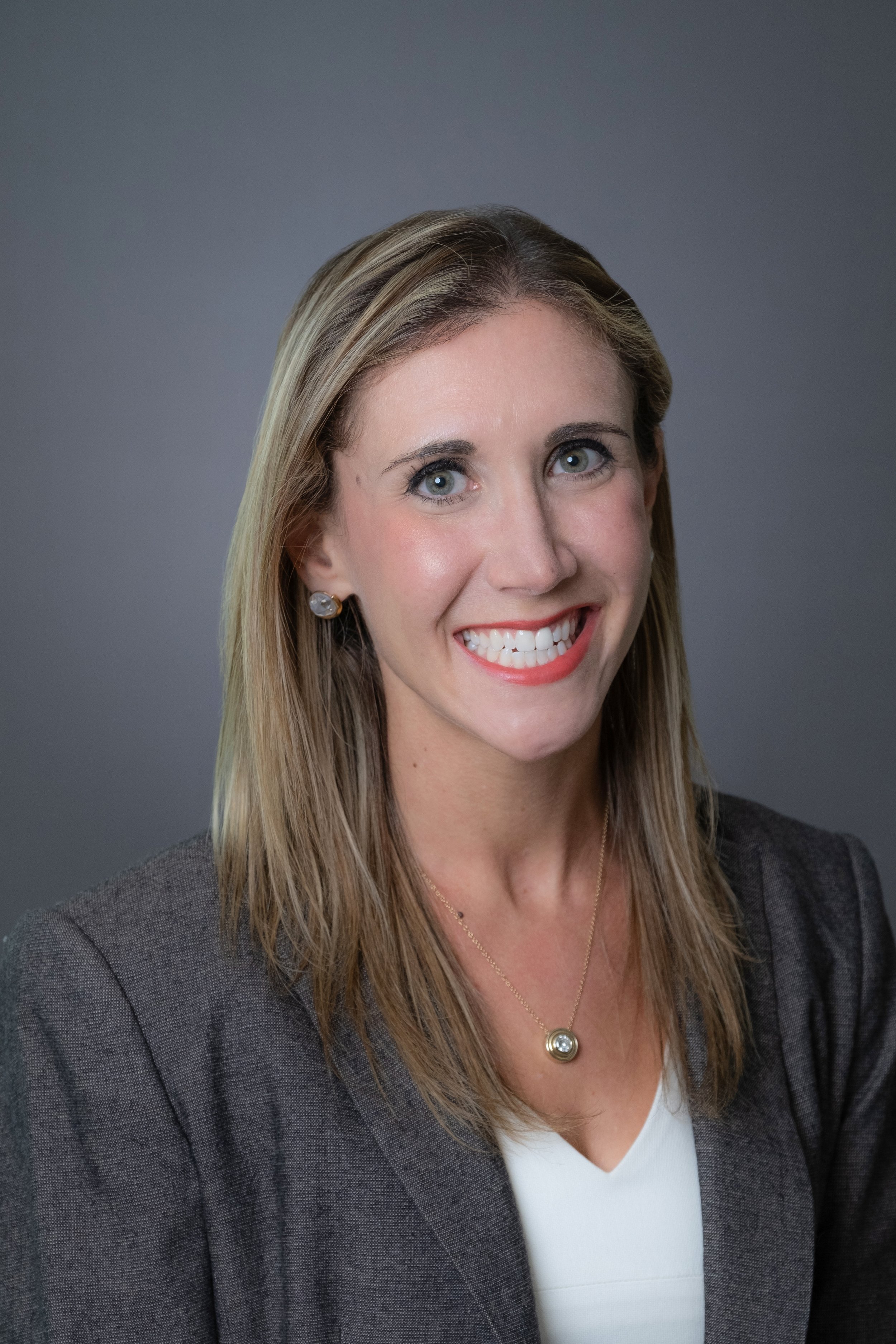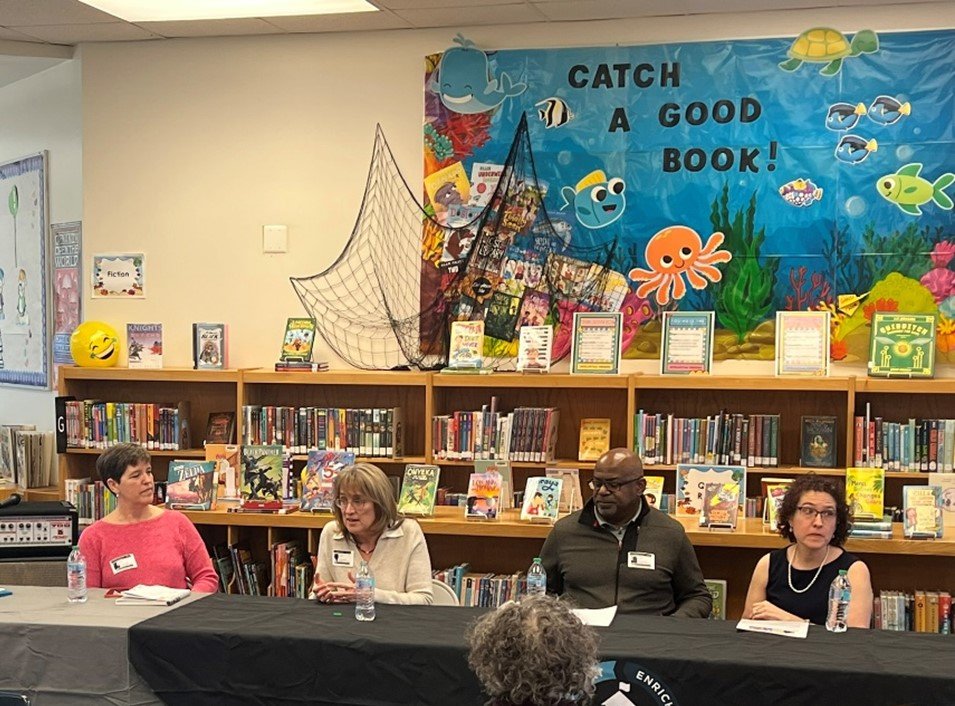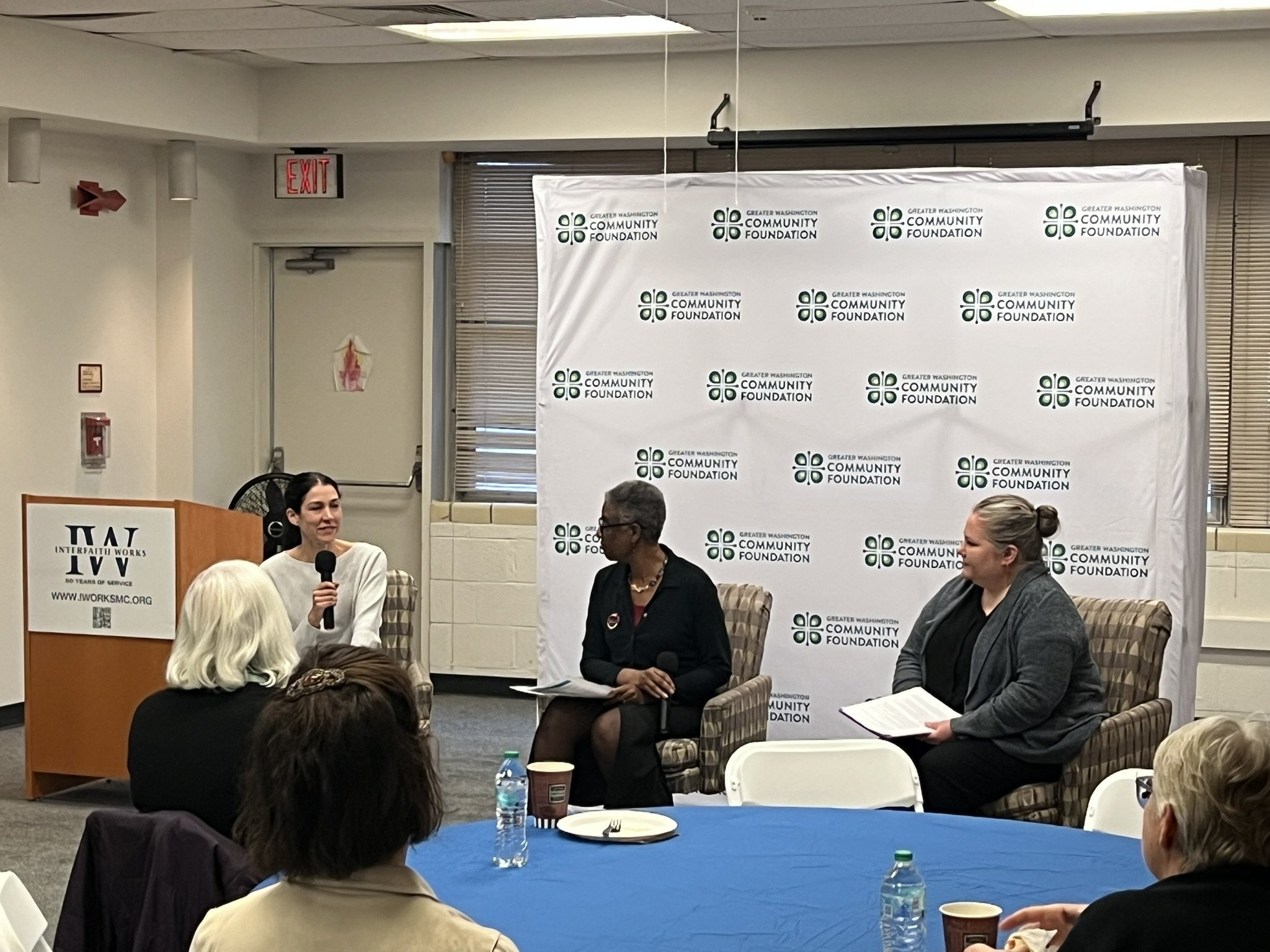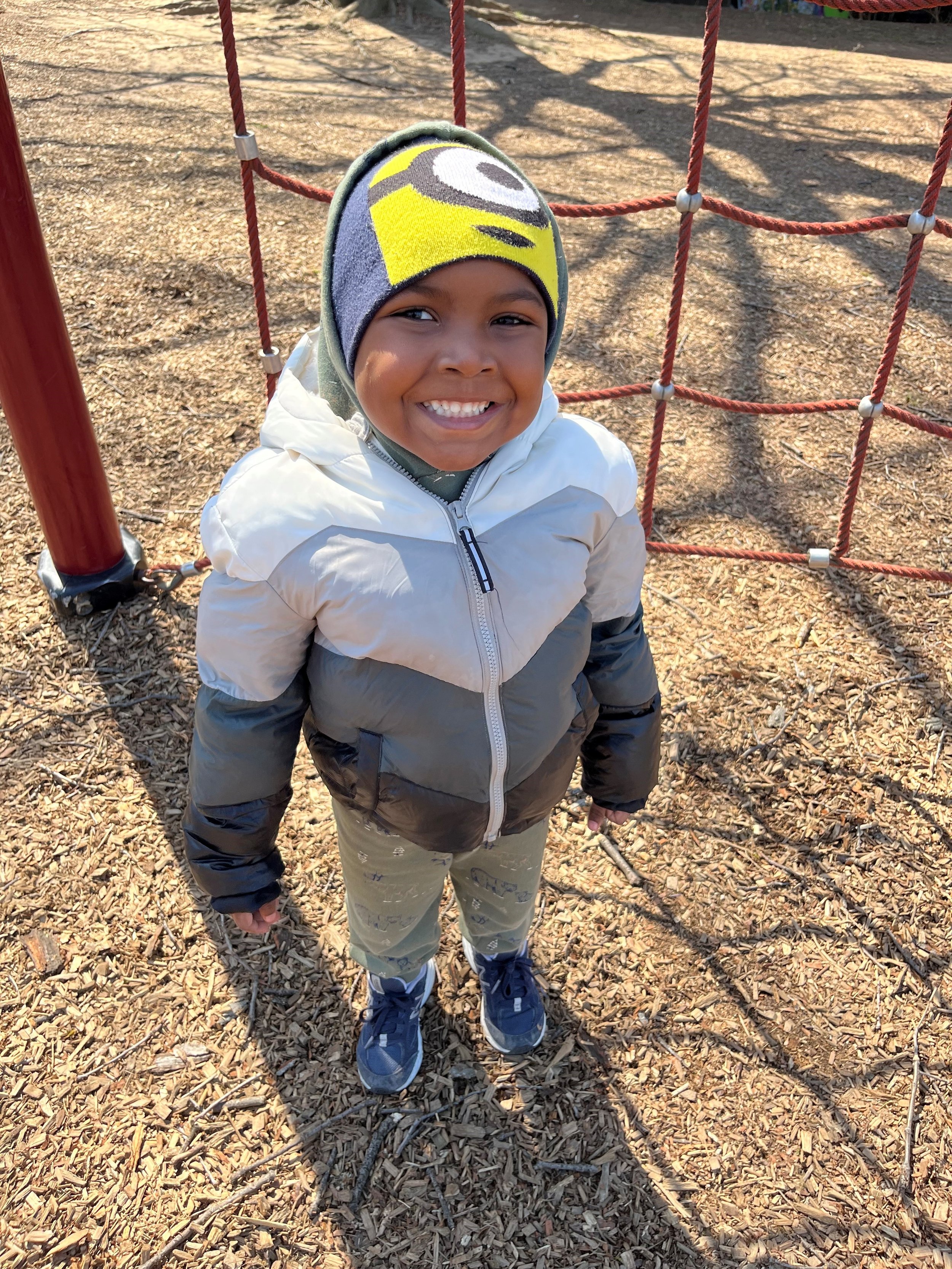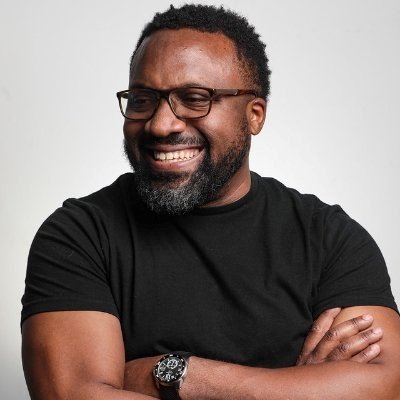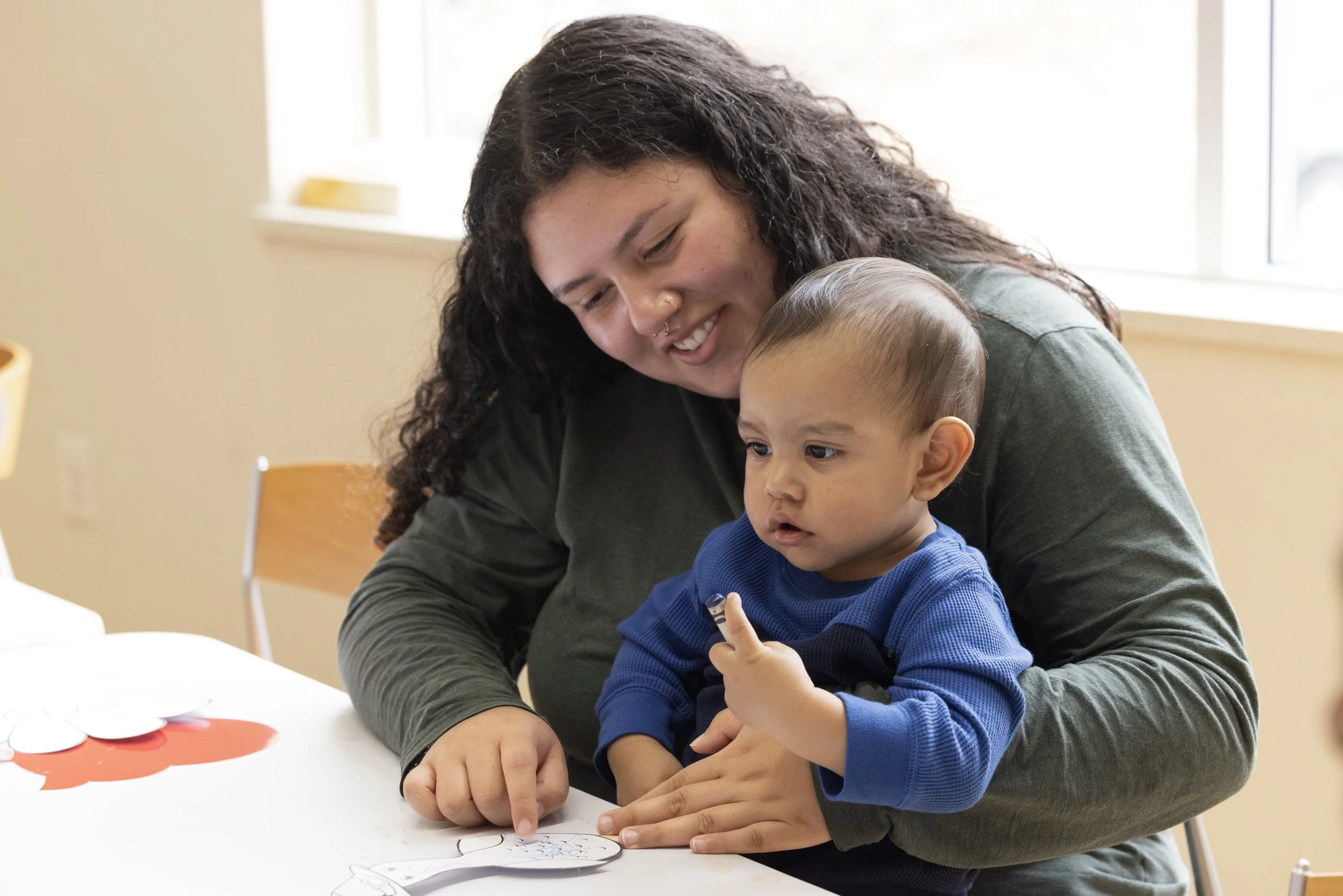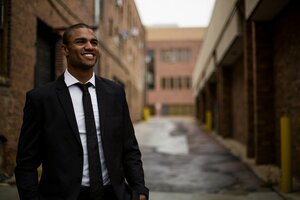For DC Action, the Early Childhood Innovation Network (ECIN), and CityFirst Bank, the pathway to economic stability starts with supporting young families.
“Young families are the future of our community,” Kimberly Perry, Executive Director of DC Action shared. “And right now, many of them are struggling to keep their heads above water.”
The Multi-Generational Challenges of Young Parenting in DC
Recent data from DC Department of Health found that in 2022, at least 15 percent of new parents in DC were under the age of 25. When surveyed, 14% of these young parents shared that they didn’t have a place to call home, and 30% reported experiencing homelessness within the past year.
In a region where more than half of residents are worried about being unable to pay their rent or mortgage, the burden on young parents is particularly heavy. Many struggle to find the employment, childcare, and basic resources necessary to provide for their own immediate needs– let alone for their children. Others are among DC’s Asset-Limited, Income Constrained Employed (ALICE) population – individuals who are employed (often working long hours in multiple jobs), making just enough to get by – but not enough to get ahead.
“What we’ve found is that a lot of young parents are seeking guidance in how to plan for their family’s future,” shared Perry. “They are looking for a support network they can turn to during a financial crisis; mentors who can give them tips about continuing education or college (for themselves or their children). Most are just trying to make it to the next paycheck.”
And the financial challenges only tell half the story. Dr. J. Corey Williams, an experienced child and adolescent psychiatrist and co-Executive Director of ECIN explained that the lack of support has raised concerns amongst family and mental health advocates, due to the long-term social and emotional repercussions for both young parents and their children.
“We have to recognize that a lot of young parents are still on their own personal journeys – they’re trying to figure out what their educational trajectory is; what their career trajectory is; how they can meet their personal and mental health needs – all while trying to lay some sort of groundwork for their child.”
“It’s a lot of pressure – the kind that can contribute to long-term health challenges for both parents and children - especially if you don’t have access to the appropriate mental and emotional support system.”
Building a Pathway to Economic Mobility, Prosperity, & Family Wellness
Perry and Dr. Williams – and their respective organizations – have a long history of advocating for young parents in DC.
As the District’s designated child and youth organization, DC Action leverages research, data and policy analysis to advocate for the needs of young people from birth to age 30 including affordable childcare, Out-of-School Time (OST) programs, and formative employment opportunities. The organization has partnered with ECIN and others on several key initiatives including Under 3 DC – a District-wide Coalition dedicated to establishing a more equitable early childhood education system.
Meanwhile, ECIN specializes in parental engagement and early relational health for young families. Over the past few years, they’ve built a network of more than 30 DC schools and health organizations to provide underserved children and young families in DC with access to mental health care, family counseling, and developmental support.
“We understand that in order to set a child up for success, you have to make sure there’s a system in place so that the parents can succeed, too,” Dr. Williams explained. “You need to invest in their future.”
To do this, DC Action and ECIN are partnering with City First Bank to launch ‘The Pathway to Economic Mobility, Prosperity, & Family Wellness’ – a multi-generational support program that will provide 100 young families facing housing insecurity with greater family stability, economic mobility, and improved mental health and well-being.
An Unprecedented Multi-Generational Investment
The Pathway to Economic Mobility, Prosperity, and Family Wellness represents one of the most holistic and innovative investments in The Community Foundation’s history.
In partnership with local housing providers, the initiative will identify 100 young parents under the age of 30 who are facing housing insecurity in Wards 1, 5, 7 and 8 and provide them with unconditional monthly cash payments of $1,000 over two years -making this the 13th Guaranteed Income initiative to launch in the DC metro area over the past five years.
In addition, each participating parent will also receive $1,000 towards an IRA, an emergency savings account, financial empowerment coaching and education, and savings incentives to help them navigate the financial system and achieve their wealth-building goals.
However, the investment doesn’t stop there. In addition to the investments for each parent, each participating child will receive $1,000 towards a DC 529 College Savings Account and an additional $1,000 towards a ROTH IRA. Each family will also receive a $25,000 Children’s Trust Account that can be used to support their children’s future professional, educational, and personal goals.
In all, the initiative will invest about $5 million into participating families over the two years and will hopefully enable them to not only secure stable housing, but also pursue other long-term goals that were previously out of reach.
“This project is the type of systems transformation that we often only dream about,” Perry explained. “It’s very rare that we have the kind of funding to support young adults in such a holistic way. Investments are fragmented.”
“You can’t address the wealth gap without investing in the family – the whole family,” added Cynthia Newell, Senior Vice President and Chief of Staff at City First Bank. “This initiative is about providing families with the resources they need to grow and succeed and in the way that they want to receive them.”
Founded in 1998 and supported by The Community Foundation, City First Bank was the first Community Development Financial Institution (CDFI) certified in DC. Today they are the largest Minority Depository Institution (MDI) in the nation with more than $1 billion assets under management.
In addition to supporting the financial investments, City First Bank will work with DC Action to provide participants with access to financial education resources including credit building classes and coaching, tax preparation services, and financial empowerment workshops.
City First, ECIN, and DC Action are confident that these investments will reap huge long-term benefits for families. The partnership estimates that as much as $34 million in wealth could be generated across the 100 participating families as a result of the initial $5 million investment.
“We’re here to meet the community where they are,” shared Patricia Stewart, Senior Vice President & Director of Bank Operations at City First Bank. “It’s not just about the money – it’s about how we can implement something that will lift up the individuals who need it the most in our communities and give them the resources but also the freedom and flexibility to accomplish their dreams.”
Strengthening Family Stability and Well-Being for Generations to Come
In addition to the financial investment, the initiative will help each household apply for or renew public benefits to help stretch the household income further – benefits such as childcare, after-school and summer programming, workforce development, nutrition assistance, health insurance coverage, and mental health services. Participants will be connected with community health workers – graduates of Georgetown University’s Family Leadership Certificate Program who will help families set personal goals and get connected with additional community resources, as needed.
“We are excited to see what happens when families finally have access to all of the resources that they need to thrive,” Dr. Williams shared. “How will their emotional health change? What kind of growth will we be able to see within both parents and their children– not only financially, but socially and psychologically?”
As the initiative progresses, ECIN, DC Action and City First Bank hope to monitor the development and behavioral health of participants and their families to see how these investments impact their family stability and well-being. Families will be incentivized to self-report on the status of their economic, behavioral, and social well-being on a quarterly basis throughout the project. These observations -- in addition to any economic and financial outcomes – will provide a comprehensive case study for future initiatives.
“This is about helping young parents achieve the dreams that they have for their families,” Perry added. “To not only realize their hopes and dreams, but to reverse their thinking about what is possible and how much they and their children can accomplish in the years ahead.”
The Community Foundation is proud to partner with DC Action, Early Childhood Innovation Network, and City First Bank on this important project. For more information, visit https://wearedcaction.org/



















